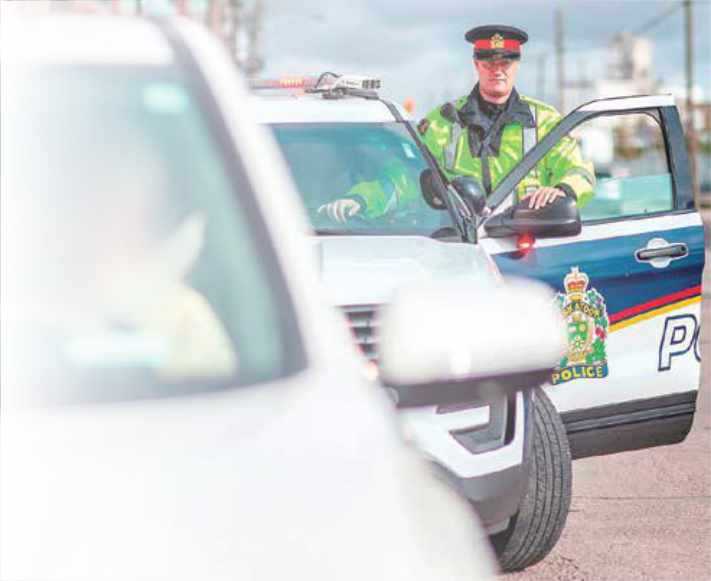

Q: What can I do if my neighbour is smoking cannabis and the smell is bothering me?
A: If your neighbour is consuming cannabis on their private property (this includes the backyard), they are doing so legally and Police are not able to intervene.
Q: How long do I have to wait after consuming cannabis before I can drive?
A: The length of time that THC metabolites remain in your body depends on a variety of factors: frequency of use (occasional vs. daily), potency (THC level in the cannabis), and dosage (how much you consume). It is also affected by individual characteristics like weight, body fat composition, age, and gender; therefore it is impossible to provide a specific answer as to how long it takes for evidence of cannabis use to leave your system.
Q: Where can medicinal marijuana patients legally take their medication?
A: In a private residence or on private property.
Q: How many plants can I have?
A: At outlined in the Federal Cannabis Act, each household is legally allowed four plants for personal cultivation. This does not mean four plants per person per household.

Q: What are federally-approved screening devices? And what do they do?
A: Police have two options; either the Standard Field Sobriety Test (SFST) or an Oral Fluid Test.
- The only federally-approved screening device available to Canadian Police as of October 17, 2018, is the Drager Drug Test 5000 System. This is a roadside device used in patrol cars that test your saliva for the presence of cannabis and cocaine. It provides either a positive or negative reading and is not a quantitative measurement of THC. If the device displays a “positive reading,” you are subject to immediate roadside suspension.
- If Police determine that you are impaired, you will be arrested and subject to further testing (Evaluation by a Drug Recognition Expert - D.R.E. - or a blood test).
Q: How are Police going to determine impairment?
A: At this point in time, through a SFST (used to test for the presence of all drugs and alcohol) or by the evaluation of a Drug Recognition Expert (DRE). Being found impaired could lead to criminal charges.